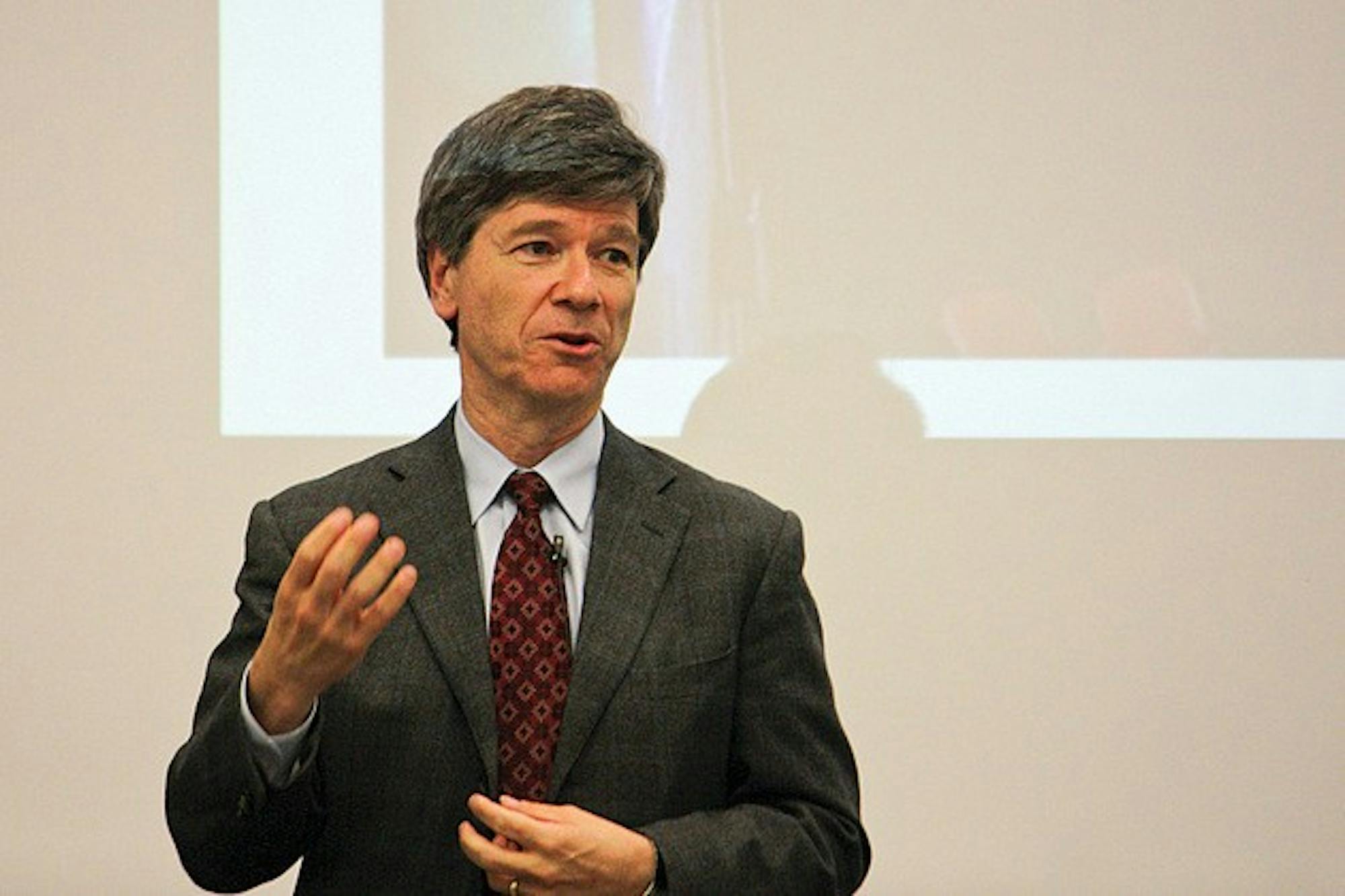The levels of funding of each of the "three pillars" of American foreign policy defense, diplomacy and foreign aid are deeply unbalanced, Sachs said in his talk, "Ending Poverty in Our Generation: Still Time if We Try."
"I find it weird that with all the tools we have, there is still widespread poverty," Sachs said. "Poverty is a matter of life and death for the poor. Because we're not good at facing poverty in our own country, it's not surprising that we're even worse at facing it in the world."
Sachs serves as the head of the advisory board of the Millennium Villages project, which has implemented 10-year-long reform projects at various sites in Africa. The first five years of the project which was funded by the United Nations Secretary-General were dedicated to the establishment of basic capital structure, according to Sachs. Over the next five years, the task force will attempt to fortify business structures and engage the targeted regions in investment, he said.
The Millennium Villages project was founded on the idea that a small amount of U.S. spending can have a large impact on African poverty rates, Sachs said. The effort includes an annual allotment of $120 per impoverished person, with half of the funding coming from outside sources and half from local fundraising, including local governments. The funds are geared at poverty traps, or communities plagued by extreme impoverishment, in countries like Kenya and Ethiopia.
"The mission is to break the poverty trap through targeted investments," Sachs said. "[Many of the regions are] hungry, impoverished, malarious, AIDS-ridden really tough scenarios."
This specific, structured system is preferable to general assistance, since short-term "sub-therapeutic" aid perpetuates dependency and hampers the impoverished victims in the long term, Sachs said.
"Our goal is to ensure self-sustaining growth," he said. "Once [the communities] reach the first rung of the ladder, they can climb up easily. It's nearly impossible, though, if you can't even reach the first rung, and you're not offered external help."
Mainstream government explanations often obscure the facts of aid efficiency, because the Pentagon is located thousands of miles from the reality of African poverty, Sachs said.
"My most important piece of advice is to get involved in problem solving get out there and see the world with your own eyes," Sachs said.
The United States' ability to have a positive effect in impoverished areas of the world requires a reevaluation of the American moral dynamic, Sachs said. Citizens should recognize that the common drive to resolve an international issue can transcend conflicting beliefs, he said.
"Our country almost doesn't have a society anymore. We need to start thinking like a community," Sachs said. "The first step in this long process is reforming our own attitude and paying attention to the human beings on the other side [of the world]."




